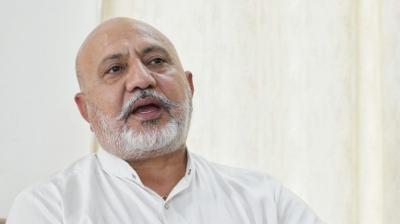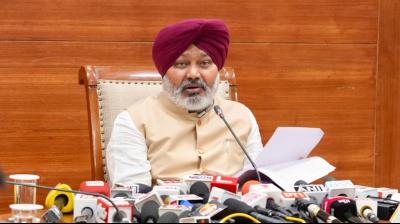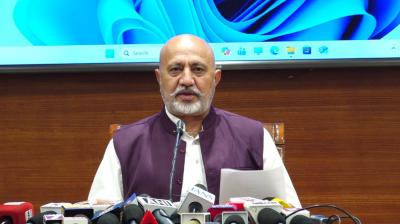
This reduction is part of broader efforts to better manage immigration flows.
Canada’s immigration system is on the verge of significant reforms, with the government set to introduce changes aimed at managing the growing influx of international students, foreign workers, and permanent residents. On November 1, Canada will unveil its Immigration Levels Plan for the next three years, outlining the country's strategy for handling these shifts.
Recent reports indicate a surge in temporary residents, particularly international students and foreign workers, leading the government to recalibrate immigration volumes and introduce new regulations.
One of the major changes set to take effect is a language proficiency requirement for applicants to postgraduate work permit (PGWP) programs. Starting November 1, 2024, all applicants will need to demonstrate a minimum proficiency in either French or English. University graduates will be required to meet Canadian Language Benchmark (CLB) Level 7, while college graduates will need to achieve CLB Level 5. These requirements are intended to enhance applicants' ability to transition to permanent residency. However, this change is expected to reduce the number of PGWP permits by approximately 175,000 over the next three years.
Additionally, Canada is aiming to reduce the number of temporary residents from 6.5% of the total population to 5%, a move that will be reflected in the new Immigration Levels Plan. This reduction is part of broader efforts to better manage immigration flows.
Another major reform will affect spousal open work permits. Starting in 2025, these permits will be restricted to the spouses of highly skilled, specialized workers, including engineers, executives, lawyers, scientists, and professionals in industries facing critical labor shortages. However, spouses of workers in essential sectors like healthcare and construction will still be eligible for work permits. This policy change is expected to reduce the number of spousal work permits by 100,000 over the next three years.
The full details of Canada’s immigration plan for 2025 to 2027 will be presented by Marc Miller, the Minister of Immigration, Refugees, and Citizenship, on November 1. The goal of these changes is to strike a balance between welcoming new residents and addressing Canada’s economic and labor needs.














